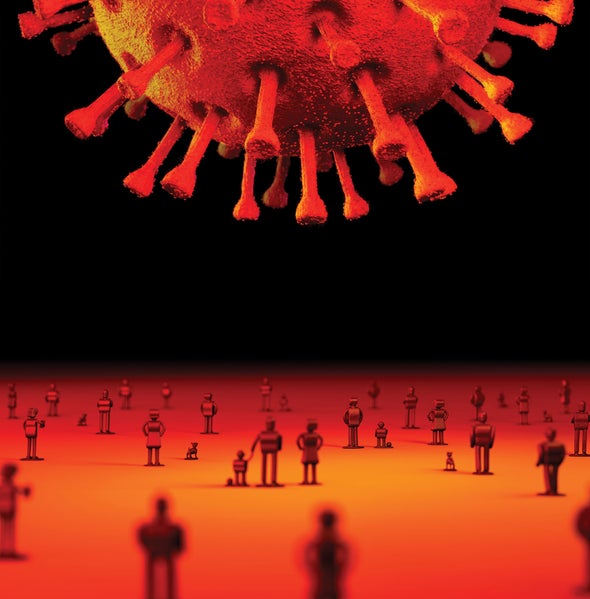
We are in the midst of a pandemic.
And while history is no stranger to plagues and pandemics, we have not seen a pandemic like this in America or the world in general in over one-hundred years.
In a previous post, “Will This Be the Church’s Covid-19 Legacy?,” I asked whether the Church would be remembered for being a super-spreader of the virus. It’s a fair question.
But maybe the better question is, “What should the Church’s Covid-19 legacy be?” As one committed to continuing to see the advance of the kingdom of God on earth, I want the Church’s legacy in this pandemic to be a positive one, as it has been in other plagues, such as the Plague of Cyprian and the Black Plague, where the Church actually gained credibility and Jesus-followers as a result of its response to pestilence.
So, here is a best case scenario of how the Church could be remembered 50, 100, 200 years from now if it can pivot in the midst of the Covid-19 pandemic.
1. Churches voluntarily closed in-person worship services or became leaders in holding safe, low capacity corporate gatherings . Most churches transitioned to online services, which became the norm ultimately reaching more people in their homes than televangelists and others ever had. For the first time in Church history there developed a viable online Church community. Those churches that did continue corporate gatherings, met at 25%-50% capacity, and mandated masking and social distancing in their services. These and other innovative protocols became a standard for the world on how to hold corporate gatherings safely in the midst of a pandemic.
2. Christians became known for wearing masks. The difference was particularly conspicuous amongst young people, who were the most likely not to mask. Masks were worn by Christians not so much out of fear of getting the virus but spreading it asymptomatically to others. Christians became leaders in helping masking become the norm and for the mask becoming a symbol for loving one’s neighbor.
3. Christians social-distanced. Christians practiced social distancing as if it was a moral duty. Social distancing was preached from the pulpit and practiced by parishioners as Christians recognized it as a way to protect and love one’s neighbor.
4. Christian giving increased. While non-Christians and the irreligious hoarded what they had, uncertain about the future of the economy, Christians continued to give to support friends, family, and others around them who had lost their jobs. The generosity of Christians shone through in the midst of a pandemic where scarcity otherwise prevailed.
5. Christians popularized quarantine bubbles. Seeking a way to continue in community without spreading the virus, Christians popularized quarantine bubbles. Christians covenanted with others who agreed to mask, socially distance, and isolate so that they could safely gather with one another. As the pandemic wore on, Christians invited non-christians into their quarantine bubbles, built relationships with them, resulting in salvation.
People in the future, looking back on the current pandemic, could say all this about the Church. Or, the Church could be remembered for being litigious, asserting its rights to gather unsafely, and for being a super spreader of the virus.
It is up to us. GS
